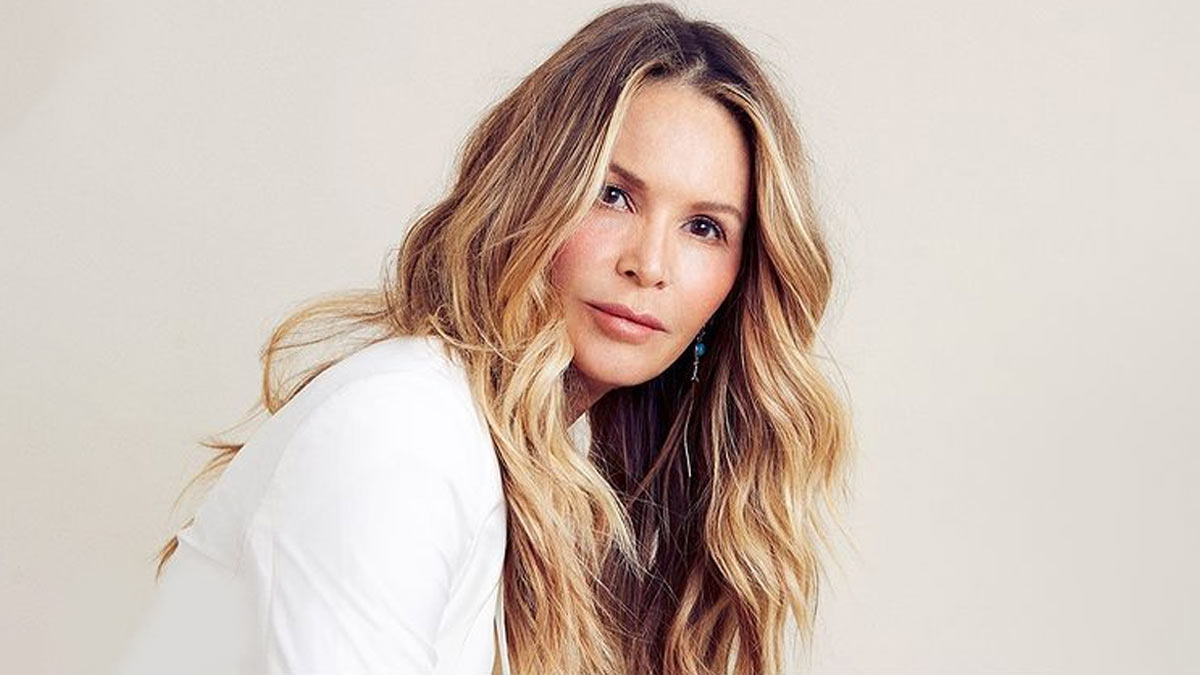Supermodel Elle Macpherson, known to many as “The Body”, recently shared her seven-year breast cancer journey with Australian Woman’s Weekly. Following a lumpectomy in 2017, Macpherson was advised by her doctors to undergo traditional cancer treatments, including a mastectomy, chemotherapy, radiation, and hormone therapy. However, she opted for a different path—one led by holistic therapies and alternative treatments.
Macpherson described her approach as “intuitive” and “heart-led,” favouring a range of alternative care providers such as a naturopath, holistic dentist, osteopath, and chiropractor. This decision raised eyebrows, as research consistently warns against using alternative treatments as a sole approach to managing breast cancer. While Macpherson claims she is in “utter wellness” and in clinical remission, her story raises important questions about the effectiveness of alternative treatments for such a serious condition.
The Appeal of Alternative Treatments
To understand if alternative therapies are safe and actually effective, OnlyMyHealth team interacted with Dr Karishma Kirti, Consultant – Breast Specialist and Oncoplastic Surgeon. She explained, “For many breast cancer patients, the appeal of alternative treatments lies in their promise of a gentler approach, often marketed as free from the harsh side effects associated with chemotherapy, radiation, or surgery.” These treatments can include everything from homoeopathy and herbal supplements to specialised diets like Gerson therapy, which purports to detoxify the body and stimulate healing.
However, Dr Kirti cautions that while such therapies may promote general wellness, they are not proven to treat breast cancer. She adds, “Although some alternative treatments are backed by anecdotal evidence, they lack the large-scale clinical trials necessary to demonstrate their safety and efficacy.”
Also read: Stage 0 Breast Cancer: What Is It And Does It Pose Life-Threatening Risk?
What Science Says

One of the most significant risks of opting for alternative treatments is the possibility of delaying or entirely forgoing conventional medical care. Dr Kirti highlights that “patients who substitute alternative therapies for evidence-based treatments have higher mortality rates.” Breast cancer, if left untreated or under-treated, can progress rapidly, becoming more difficult to manage and lowering the chances of survival.
A study by Dr Johnson et al supports this concern, showing that cancer patients who exclusively relied on alternative treatments had a significantly higher risk of death. For breast cancer patients, specifically, the study found a 5.68-fold increased risk of death when compared to those who underwent conventional treatment methods like chemotherapy or surgery.
Role of Complementary Therapies
While alternative therapies on their own are not effective in treating breast cancer, complementary therapies—when used alongside conventional treatment—can play a positive role. Practices like acupuncture, yoga, and meditation, for instance, have been shown to reduce stress, alleviate pain, and improve overall well-being during cancer treatment. Even certain dietary changes, when managed carefully, may support immune function.
However, Dr Kirti warns that some complementary therapies can interfere with conventional cancer treatments. “Herbal supplements such as turmeric and green tea, while popular for their anti-inflammatory properties, can interact negatively with cancer medications,” she notes. For this reason, it’s crucial that patients consult with their healthcare providers before incorporating any supplements into their routine.
Also read: Breast Cancer: When Should Women Start Getting Annual Mammograms?

Fact vs Myth: Alternative Treatments
Elle Macpherson’s dedication to her personal wellness is admirable, but it’s essential to separate fact from myth. Dr Kirti stresses, “There is no scientific evidence to support alternative treatments as a replacement for conventional cancer care.” While Macpherson’s story may inspire others to explore holistic health, breast cancer patients should be cautious about making treatment decisions based solely on anecdotal evidence.
The safest and most effective way to approach breast cancer treatment is through a balanced combination of evidence-based medicine and supportive complementary therapies. Dr Kirti advises patients to “always consult with a medical professional before making any treatment decisions. Combining the best of conventional and complementary medicine is the safest way to fight breast cancer.”
While the idea of a gentler, holistic approach may be appealing, it’s crucial to rely on science-based treatments to effectively combat breast cancer.

